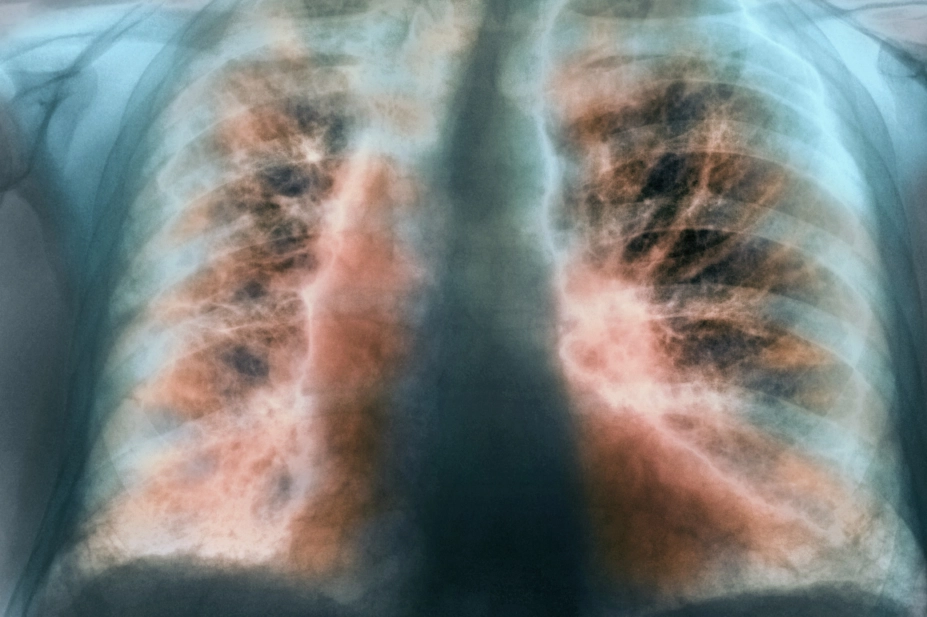Promising Breakthrough: NZ-97 Shows Potential as a Regenerative Treatment for Pulmonary Diseases
In a groundbreaking development, a new drug prototype named NZ-97 has emerged as a potential game-changer in the treatment of pulmonary diseases. A recent proof-of-concept study published in the Proceedings of the National Academy of Sciences has unveiled promising data indicating NZ-97's ability to stimulate the growth of lung stem cells, offering hope for the regeneration of damaged lung tissue.
(Image source: THE ROYAL PHARMACEUTICAL SOCIETY'S OFFICIAL JOURNAL)Led by Michael J. Bollong, PhD, an associate professor at Scripps Research in San Diego, California, the research team utilized innovative drug discovery techniques to identify NZ-97. Leveraging the ReFRAME drug repurposing library and database developed by the Calibr-Skaggs Institute for Innovative Medicines, they explored existing drugs as foundations to promote stem cell growth and repair in the lungs.
The study focuses on the crucial role of alveolar type 2 cells (AEC2s) in lung regeneration. In various pulmonary diseases, including idiopathic pulmonary fibrosis (IPF), a deficiency in AEC2s leads to progressive damage. By targeting dipeptidyl peptidase 4 (DPP4) inhibitors, the researchers aimed to bolster the production of AEC2s, crucial for lung repair.
NZ-97, a highly soluble DPP4 inhibitor developed by the team, demonstrated remarkable efficacy in preclinical studies. Administered via intratracheal injection, NZ-97 induced the growth of AEC2 cells and improved damaged lung tissue in a mouse model of lung disease. Importantly, NZ-97 exhibited good tolerability and safety profiles in animal trials.
The implications of NZ-97 extend beyond IPF, with potential applications in treating other pulmonary conditions such as chronic obstructive pulmonary disease (COPD). The drug prototype's ability to promote alveolar repair represents a novel therapeutic approach in the field of pulmonary medicine.
Looking ahead, the research team is optimistic about the clinical potential of NZ-97. A related clinical drug candidate, CMR316, is scheduled to commence phase 1 clinical trials in the summer of 2024. Designed for weekly administration via a nebulizer, CMR316 aims to assess safety and target engagement in human subjects.
Dharani K. Narendra, MD, of Baylor College of Medicine, underscores the significance of NZ-97 in addressing the unmet need for regenerative therapies in pulmonary disease. Targeting AEC2 proliferation, NZ-97 holds promise in mitigating lung damage and improving patient outcomes. However, further research is warranted to evaluate its long-term effects, mechanisms in human lung tissue, and safety and efficacy in clinical settings.
The emergence of NZ-97 represents a beacon of hope for millions of individuals battling pulmonary diseases worldwide. With continued research and clinical trials, NZ-97 could revolutionize the treatment landscape, offering new avenues for regenerative therapy in pulmonary medicine.


Comments
Post a Comment